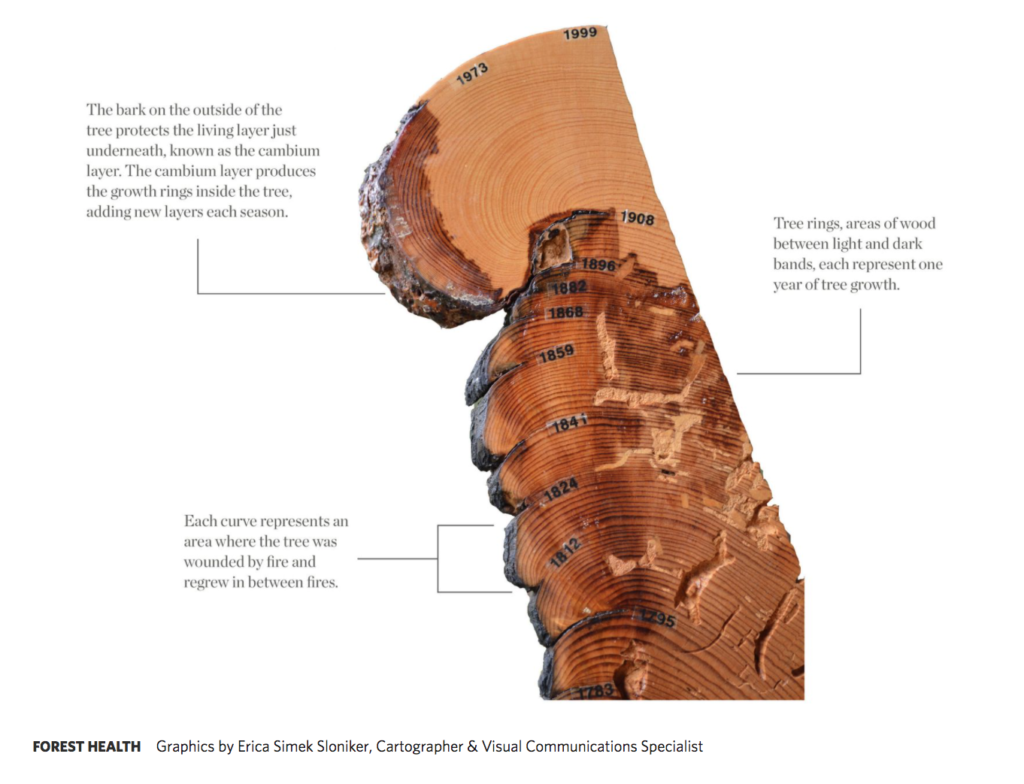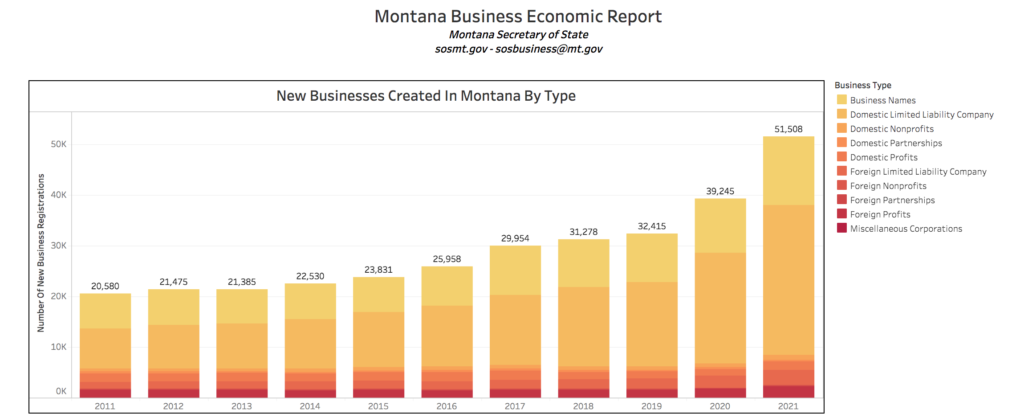Support For Facial Recognition Restrictions Grows
Lawmakers from both sides of the aisle now recognize that Montana’s lack of uniform and transparent restrictions on how government agencies can use facial recognition poses a serious threat to the privacy of Montanans.
“I would unite with anybody to do right and with nobody to do wrong.” – Frederick Douglass
Last month Frontier launched its new series called Legislative Viewpoints in which legislators from both sides of the aisle can discuss red tape relief, fiscal responsibility, health care reform and more.
In this month’s Legislative Viewpoints columns both minority and majority leadership discuss Facial Recognition Technology (FRT) in Montana, an important issue more and more lawmakers are looking into. Lawmakers from both sides of the aisle now recognize that Montana’s lack of uniform and transparent restrictions on how government agencies can use FRT poses a serious threat to the privacy of Montanans.
This month’s updates come from Senator Ken Bogner and House Minority Leader Kim Abbott/Senate Minority Leader Jill Cohenour.
Majority Update
Senator Ken Bogner discussed how without clear limitations by the government, FRT has the potential to lead to the infringement of the liberties and rights of Montanans. Be sure to read the entire article.
“Our rights to not have our property or persons searched or seized without a warrant, to not be harassed by the government without good reason, and to conduct our own peaceful affairs with minimal intrusion are increasingly challenged by new technology.”
Minority Update
Kim Abbott, House Minority Leader, and Jill Cohenour, Senate Minority Leader, discussed their efforts to pass limitations on FRT last legislative session and how the current FRT study bill is providing much needed insight into the technologies current use, as well as potentially laying the groundwork for future legislation. Be sure to read the entire article.
“We know it’s possible to have an efficient and technologically adept state government, while also ensuring that this technology doesn’t run roughshod over our rights as Montanans.”
Sincerely,
Tanner Avery
The Latest
Allowing the Trees to Tell Their Story
Prior to the suppression of fires in our forests about 100 years ago, forest fires were more common but burnt with less intensity than today’s fires. Forests benefited from low intensity fires since they removed excess debris and thinned the number of trees without killing larger trees, but fire suppression led to overly dense and debris filled forests. This ponderosa pine crosscut shows how the frequency of fires decreased with suppression after 1908.

Our Take: While fire plays an important role in Montana forests, the fires we see today are largely a result of a massive build of forest fuels that when ignited destroy entire forests as opposed to just removing excess debris. Actively managing our forests can help reduce today’s catastrophic fires while making our forests healthier and more resilient.
Creative Tax Schemes
A recent article in the Billings Gazette explains the repercussions after the City of Billings used fee’s “as an alternative to the unpopular task of seeking a property tax increase.”
Our Take: This serves as a prime example that no matter how governments may be restrained in collecting property taxes, if spending growth is left unchecked they will always find more creative ways to increase revenue – whether that be through fees, assessments, taxes or something else. Local Governments need to place firm limits on spending growth to protect taxpayers.
Montana is Open For Business
Montana Secretary of State, Christi Jacobsen, recently released the Montana Business Economic Report which provides a snapshot of the number of new businesses created in Montana.

Our Take: In 2021, 51,508 businesses were created, twice the number of businesses created 5 years ago. Montana is ranked the number one state to open a new business and more and more Montanans are embracing the entrepreneurial spirit. As long as state and local leaders continue to remove barriers to business growth, Montana will likely continue to see new businesses start, bringing opportunity and innovation to our communities
